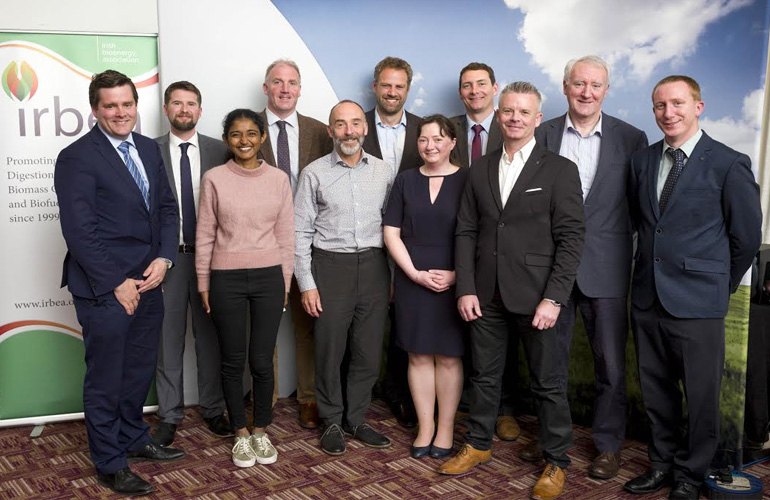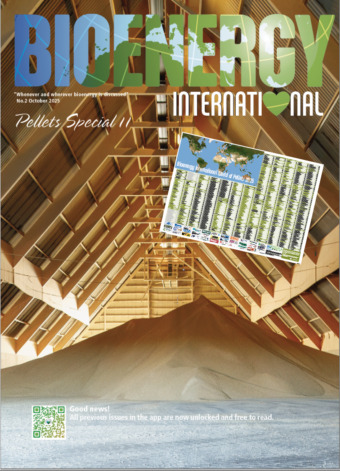The Irish Bioenergy Association (IrBEA) welcomes the publication last week of the Climate Action Plan. IrBEA articulates that the renewable energy targets set out in the plan in terms of heat and biomethane will only be realised if backed with significant financial support.

Speaking on June 21, 2019, at a well attended technical workshop on the Support Scheme for Renewable Heat (SSRH), Des O’Toole, IrBEA President, and Coillte Market Development Manager said that overall, sustainably produced biomass “will play a key role in Ireland’s transition” from a fossil-fuel based economy to a low carbon economy.
The SSRH unlocks great potential to provide energy savings and carbon emissions reductions by lowering energy costs for Irish industry, it ensures these businesses remain competitive in a global environment, said Des O’Toole.
IrBEA also launched the IrBEA Biomass Heating Systems Designers and Installers Register.
Bioenergy as a fully dispatchable renewable energy technology can assist in achieving our Renewable Energy targets across all three areas of electricity, heat and transport. For bioenergy to become mainstream, meaningful government supports will be required, said IrBEA CEO Seán Finan.
Finan noted that industry feedback following the publication of the Climate Action plan on June 17, 2019, suggests that the plan ‘over-emphasises’ the part electricity will play.
IrBEA fully supports the target of 70 percent renewable electricity by 2030. However, electricity is less than one-third of our primary energy usage and we cannot expect to decarbonise the economy without addressing heat and transport decarbonisation also. Bioenergy is ideally placed to assist in this effort with heat and transport. The potential for use of highly efficient biomass boilers and renewable biogas boilers in domestic houses cannot be overlooked in favour of heat pumps. Biomass systems need to form part of the technology mix to be used in domestic installations, Finan said.
Noel Gavigan IrBEA executive concluded that the SSRH Technical workshop heard calls for the return of the energy crop establishment support scheme to ensure that Irish indigenous energy crops and short rotation coppices are incentivised to assist in satisfying the market needs for biomass which the SSRH will generate.
Growing these crops will also assist in the decarbonisation of agriculture and also support rural jobs and economic activity. Attendees acknowledged the importance of competent designers and installers of biomass heating systems as well as quality feedstock certified by the Wood Fuel Quality Assurance Scheme (WFQA) as key components for the success of the SSRH scheme, said Noel Gavigan.


